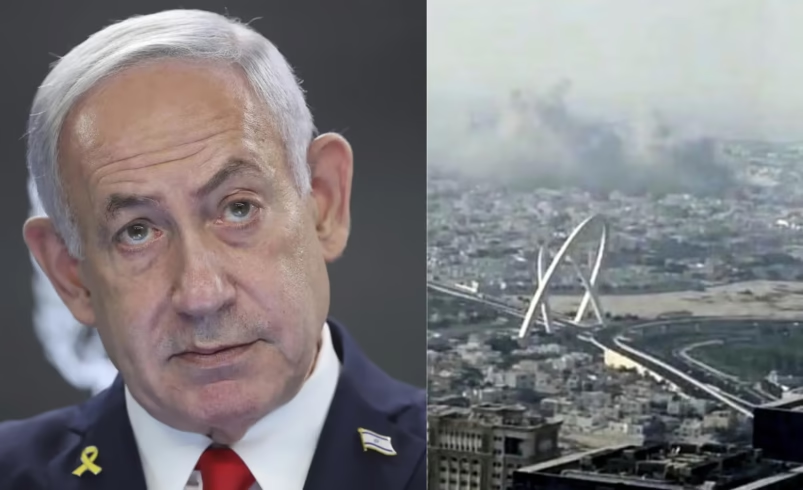Israel’s Qatar strike sparks internal rift over Mossad refusal
- September 14, 2025
- 0

Israel’s recent strike in Qatar has drawn attention not only for its intended targets but also for the divisions it exposed within Israeli leadership. The operation, aimed at Hamas figures in Doha, unfolded under unusual circumstances after Mossad declined to participate in a proposed ground mission. Instead, Israel proceeded with airstrikes that carried significant consequences and raised questions about timing, strategy, and diplomatic fallout.
According to reports, Israeli officials initially considered a ground operation to target Hamas leaders based in Doha. However, Mossad refused to take part in the plan. The intelligence agency’s decision left military planners with fewer options and ultimately led to the choice of carrying out an aerial strike instead. This refusal highlighted differing assessments within Israel’s security establishment about the risks and potential repercussions of such an operation.
With Mossad opting out of the ground mission, Israel turned to air power as its alternative. The strikes were directed at key Hamas figures believed to be operating from Qatar. While the operation was intended to weaken Hamas leadership, reports indicate that it also resulted in unintended casualties. Among those killed were relatives of Hamas members, aides connected to the group, and even a Qatari officer. These outcomes added layers of complexity to an already sensitive military action.
The decision to move forward with the strike sparked internal conflict among Israeli officials regarding its timing. Some feared that launching such an attack could jeopardize ongoing negotiations related to hostages held by Hamas. Critics argued that striking during delicate talks risked undermining diplomatic efforts and could complicate future attempts at securing releases or agreements. The tension underscored how military operations can intersect with broader political and humanitarian considerations.
Despite concerns raised internally, Israeli authorities defended the decision by pointing to what they described as a rare opportunity to target high-ranking Hamas figures directly. Officials argued that recent attacks attributed to Hamas created an urgent need for decisive action. From this perspective, waiting could have meant losing a chance to disrupt leadership structures and prevent further violence against Israeli citizens. This rationale reflects the difficult balancing act between immediate security imperatives and longer-term strategic goals.
The fallout from the Qatar strike illustrates how intelligence assessments, military planning, and political calculations often collide in moments of crisis decision-making. Mossad’s refusal signaled caution about operational risks abroad, while the government’s choice of airstrikes demonstrated a willingness to act despite potential diplomatic costs. The incident may influence future debates within Israel about how best to pursue its objectives against adversaries operating outside its borders while managing relationships with other nations involved indirectly in such conflicts.
The Qatar strike has therefore become more than just a tactical event; it represents a moment of divergence within Israel’s security apparatus over methods and timing. As questions linger about its impact on hostage negotiations and regional diplomacy, the episode underscores how decisions made under pressure can reverberate far beyond their immediate targets.